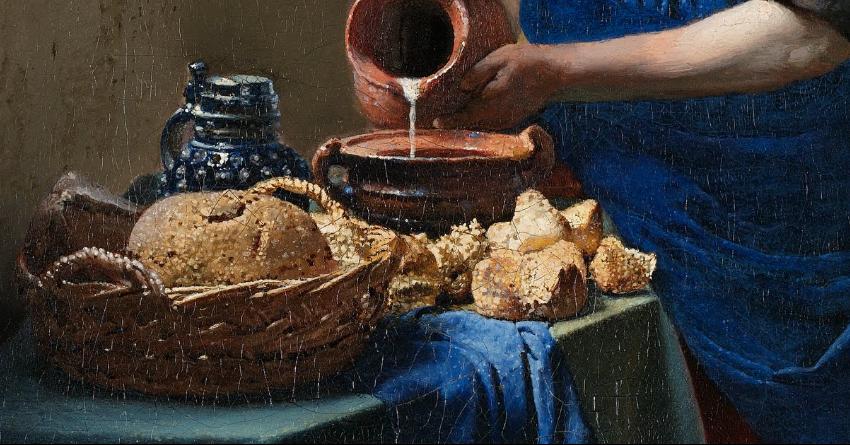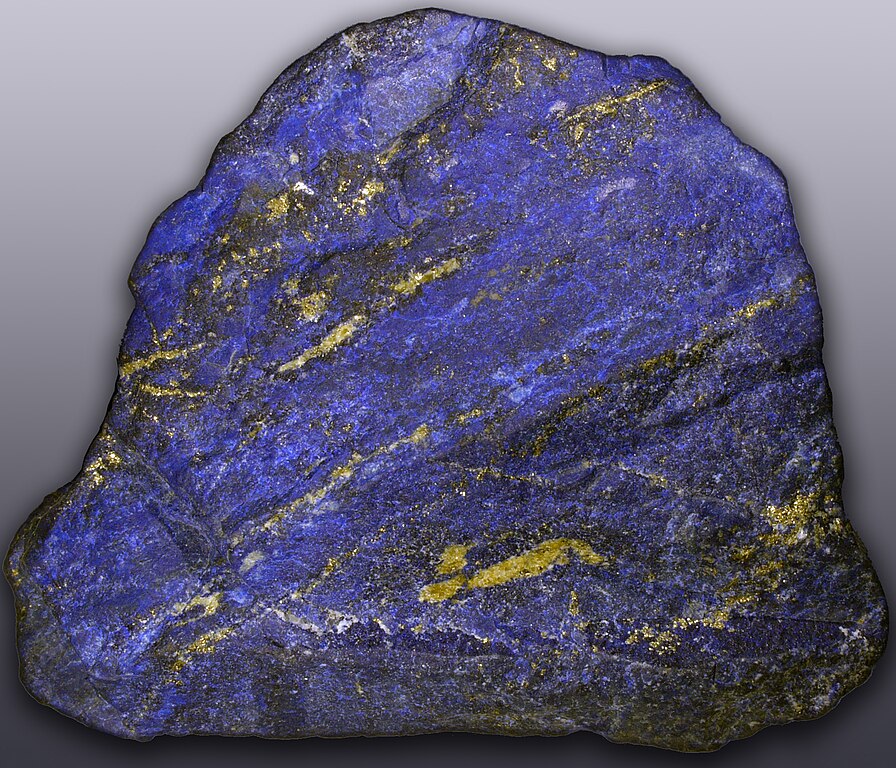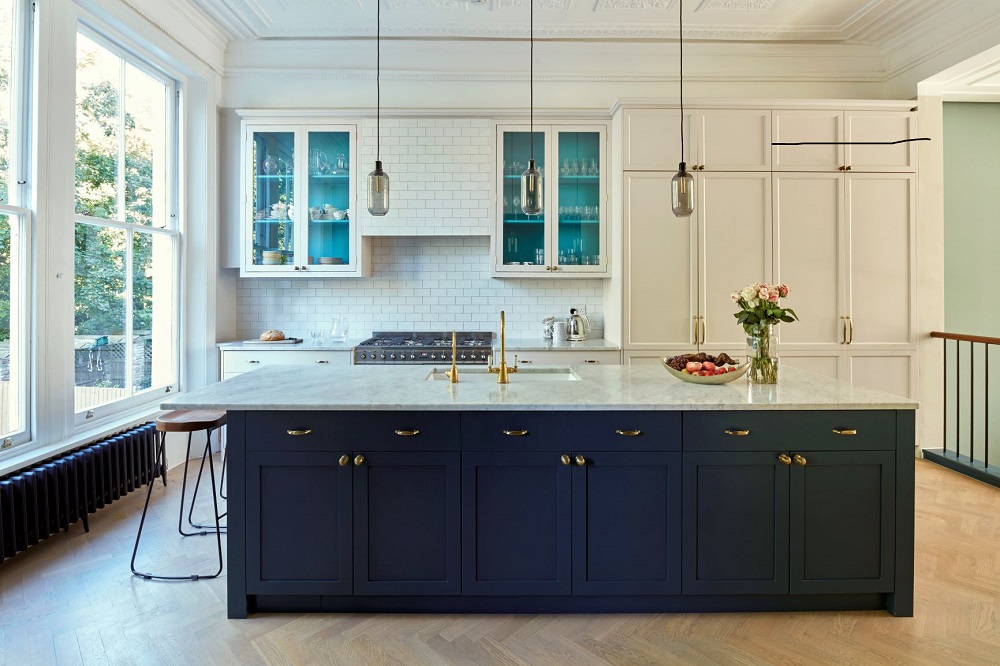From ingenious RAF engineers to the natural wonders of the Norfolk coastline, at Naked Kitchens we find inspiration for beautiful, bomb-proof kitchens everywhere – even the incredibly simple 17th century kitchen depicted in this Vermeer masterpiece…
Johannes Vermeer is big business these days: some 650,000 people from across the world snapped up tickets for the blockbuster exhibition at Amsterdam’s Rijksmuseum this year. Yet the subjects he specialised in painting are often very humble. Vermeer found beauty in ordinary, everyday things – like a maid going about her business in a kitchen.

The Milkmaid (oil on canvas, c.1658) is almost certainly the most important kitchen-based picture in the history of European art. And, if you look at it in the right way, it can still inspire kitchen design today.
Vermeer takes us into a calm, uncluttered corner of the kitchen, close to the window for maximum natural light, which streams down from the left (to help both the maid and the artist in their tasks – just look at the baskets to see Vermeer’s mastery of detail ).
It’s a very still, quiet, scene: the milkmaid—or, more probably, a maid of all work—is wholly focused on her task, pouring milk from a large earthenware jug into a container. There’s a loaf of bread in a plaited wicker basket and some seed-topped rolls on the table at which she’s working. According to art historians the maid is making bread pudding and the container is a Dutch oven (a thick-walled cooking pot, a sort of 17th century slow cooker).

But take a closer look at that green-blue tablecloth, the blue cloth draped over it, and the maid’s ultramarine apron. We’ve mentioned the use of blue as a fly deterrent in the Victorian kitchens at Lanhydrock House and in the 1926 Frankfurt Kitchen, and here it is again in a Delft kitchen of the mid-1600s. But, in this case, it’s not simply about pesky flies.
To Renaissance artists, ultramarine had a particular significance: originally made by grinding lapis lazuli, quarried from a seam in northern Afghanistan, into a powder, it was the most expensive and precious blue pigment, frequently used in depictions of the Virgin Mary. We love the fact that Vermeer chose blue as the predominant colour for his maid – a dash of beautiful, rich, luxurious colour in an otherwise humble kitchen.

There are other little secrets in the painting. The floor is made of terracotta tiles, which are showing some wear and tear, with a row of blue and white Delft tiles, where the floor meets the wall. Zoom in and you can see that the tile on the left depicts Cupid with his bow and arrow, symbolising love, while one of the tiles on the right features an old man leaning on a stick.
And in case you are wondering about the open-sided box on the floor, it’s a foot-warmer. (Art historians have made much of the significance of the foot-warmer: some assume that it just means the kitchen was chilly, but others have taken the view, given Vermeer’s love of symbolism and society’s assumptions about the morality of maids at that time, that a foot-warmer had an altogether more suggestive meaning. We’ll leave you to be the judge of that.)
.jpg)
Vermeer’s kitchen inspiration
At Naked Kitchens, we are always interested in features that have come down through the ages… Here are some things we particularly love about The Milkmaid’s kitchen...
Tiles for a tough but elegant finish
Vermeer’s home city of Delft became famous for its tiles and Delftware generally. There’s no doubt that tiles make for a stylish and efficient wall surface, not least in an area that gets heavy use, such as a splashback or work surface. Our collaboration with Mandarin Stone led to a chic contemporary kitchen, with their Oblique sand tiles providing a stunning contrast to the exposed walnut doors of the units.
Brass detailing
We love the detail of the wicker basket hanging high on a wall to keep the bread out of the reach of hungry mice… but also that gorgeously-painted brass container underneath it.
_-_WGA24631 (1).jpg)
From cabinet handles to splashbacks (like the sensational one in the Ladbroke kitchen), brass accessories and details can elevate a contemporary kitchen: providing a beautiful, timeless quality.
Beautiful blue
Above all, we love the stunning blue in The Milkmaid. It’s one of our favourite kitchen colours – take a look at the Hampton Court kitchen in Pierhouse Blue or the deep, rich Night Sky blue of the Chepstow Villas kitchen.

See also:
Choosing colours for your kitchen – an expert guide
Built For An Artist’s Life - Behind The Scenes
From our place to yours – an interview with the Everett family
Image top and detail images of The Milkmaid by Johannes Vermeer (c. 1657–1658), Rijksmuseum, Amsterdam are in the public domain.























